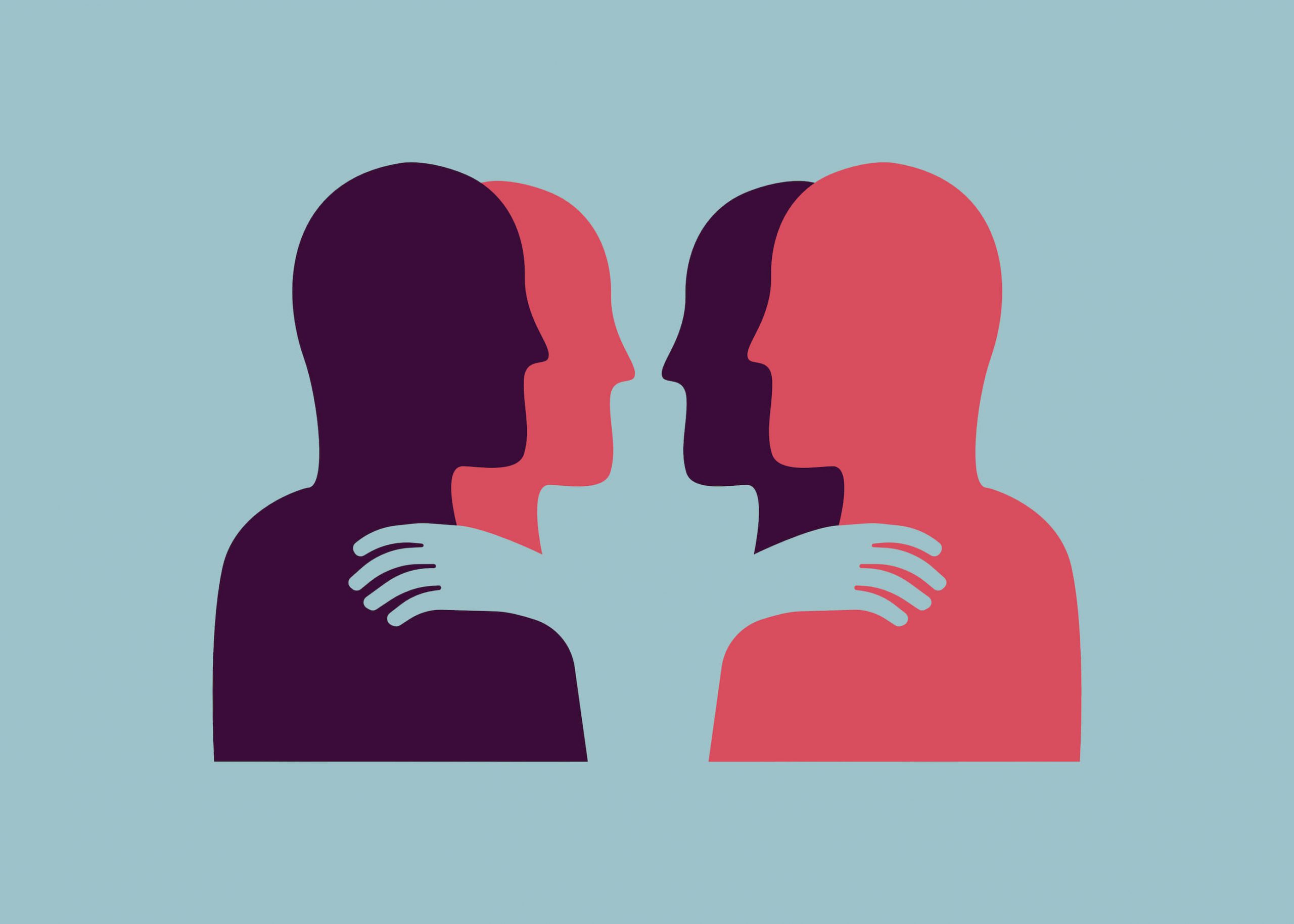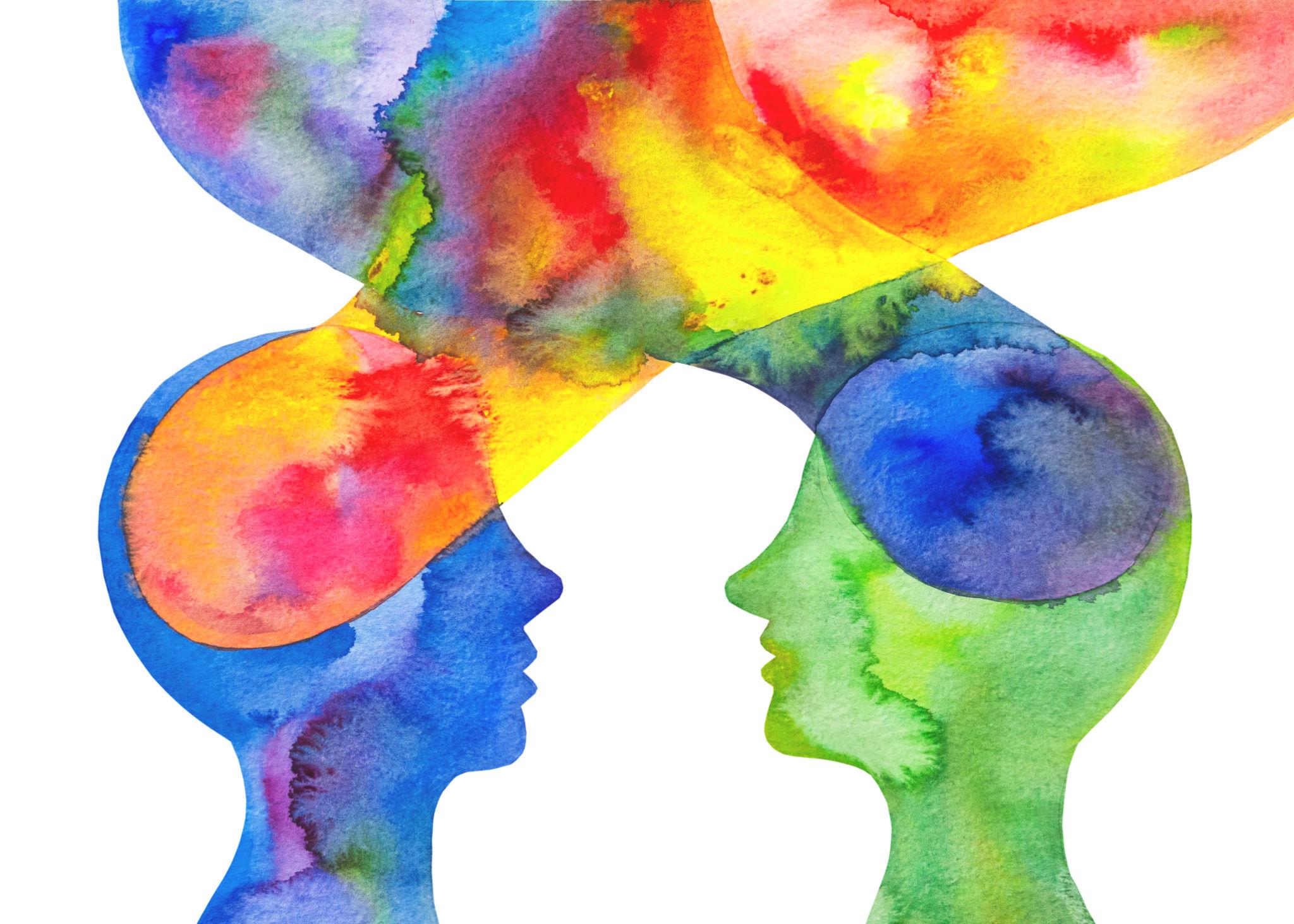Unaddressed traumas pose significant challenges to building a healthy democratic society, exacerbating intra-group and inter-group conflicts and making it difficult to find common cause. Healing individual and group traumas is necessary to build effective movements and achieve sustainable peace. Trauma can take many forms in our society—it can come directly from a distressing event, be experienced over time from adversity (including chronic scarcity of essential resources) and/or be passed down through generations within communities where deep empathy and the recounting of direct traumatic experiences is common. Untreated trauma can lead to biological, cognitive and behavioral adaptations that affect social norms and group dynamics. In organizations, community groups, and social movements, untreated trauma can influence the movement’s norms and guiding principles, culture, and decision-making processes around strategies and tactics.
While the peacebuilding field’s efforts to mainstream trauma healing are well-documented (especially outside of the US), mainstreaming trauma-informed practices within the US social justice community are not always accessible due to distrust in historically racist systems, the overwhelming sense of urgency to prioritize collective action over individual restoration and an emphasis on shielding individuals from trauma triggers, which may prolong or worsen trauma responses. A deepened and collective understanding of trauma and approaches to trauma healing may help inform how activists, peacebuilders, bridge-builders, and democracy advocates do their work in a way that better supports sustainability and efficacy.
At The Horizons Project, we specifically seek to understand 1) the role that trauma plays in the strategic and tactical choices made by actors working within the larger ecosystem of social change, and 2) how trauma may influence others’ perceptions of certain tactics and behaviors. We are also exploring insights and tools for how practitioners across the ecosystem can create spaces for healing, empathy, and reducing tensions in a way that can contribute to the sustainability of their work.
*We would like to thank Michelle Barsa, Program Director at Beyond Conflict, for her thought leadership and contributions to this area of exploration as part of The Horizons Project research team.
RESOURCES
Interested in learning more? Check out ten resources on Trauma Healing that are inspiring us right now.
We need to build a movement that heals our nation’s traumas, Kazu Haga, Waging Nonviolence
“As a nation, we have never talked about the traumatic years of our collective childhood. Sure, in some small, hidden ways there were whispers of it. We would talk about it in activist spaces. Radicals would read books about it and have healing rituals. There would be murmurs and rumors spoken in progressive circles. But as a nation, we have never dove into it. And so the trauma that we all experienced got frozen and stuck.”
Homelessness, Poverty and the Brain: Mapping the Effects of Toxic Stress on Children, Perry Firth, Firesteel
“Children who are born to mothers who are homeless have low birth weight and require specialized care at four times the rate of their non-homeless peers. This, combined with the environmental stress of poverty and ongoing physical and emotional needs, means that as early as nine months, poverty-related achievement gaps show up, only to widen as children age. This early inequality then sets the stage for intergenerational poverty. Thus, deprivation during infancy and early childhood — when the brain is growing rapidly and aligning itself with the needs of its environment — can have powerful, negative, long-lasting effects.”
From Trauma to Transformative Futures: Four Dimensions, Interaction Institute for Social Change
This framework from the Interaction Institute for Social Change helps organizations, groups, and individuals consider how they might transition from trauma to reckoning to healing to transformative futures.
Trauma porn: Misguided ‘activism’ on social media harms more than it helps, Kiran Brar, The Butler Collegian
“With the Black Lives Matter movement gaining a sweeping amount of momentum the past couple of months, it is important to acknowledge what trauma porn [when people share graphic videos, usually of police brutality, on social media] is and the effects it may have on the Black community.”
The legacy of trauma, Tori DeAngelis, American Psychological Association
“An emerging line of research is exploring how historical and cultural traumas affect survivors’ children for generations to come.”
Issue #50: Belonging and Transformative Resilience, Future of Belonging
Explore this conversation “with Ama Marston to discuss her book, Type R: Transformative Resilience for Thriving in a Turbulent World, and work focused on transformative resilience. [The] conversation focused on the mindset, solutions, and approaches for moving through crisis and trauma that transformative resilience offers, many of which align with fulfilling the need for belonging.”
We’re experiencing an empathy shortage, but we can fix it together, Jamil Zaki, TEDxMarin
“Being a psychologist studying empathy today is a little bit like being a climatologist studying the polar ice caps,” says psychology professor Jamil Zaki. That’s because according to research, our collective empathy is eroding. But there is good news: Empathy is a skill, it can be built, and he explains how he — and others — are doing just that.”
Trauma, Peacebuilding, and Development: An overview of key positions and critical questions, Mary Alice C. Clancy, Brandon Hamber, INCORE, University of Ulster
“This paper examines the methods academics and practitioners have advocated and utilised to deal with the trauma said to result from complex political emergencies, and how these methods relate to wider issues of peacebuilding and development.”
Adverse Community Experiences and Resilience: A Framework for Addressing and Preventing Community Trauma, Rachel David, Howard Pinderhughes and Myesha Wiliams, Prevention Institute
“This report offers a groundbreaking framework for understanding the relationship between community trauma and violence. Until now, there has been no basis for understanding how community trauma undermines both individual and community resilience, especially in communities highly impacted by violence, and what can be done about it. Funded by Kaiser Permanente Community Benefit in Northern California, and based on interviews with practitioners in communities with high rates of violence, the report outlines specific strategies to address and prevent community trauma—and foster resilience—using techniques from those living in affected areas.”
Discover the Project’s resources on wellbeing, including a free webinar series and a report on how a changemaker’s wellbeing influences their work.



